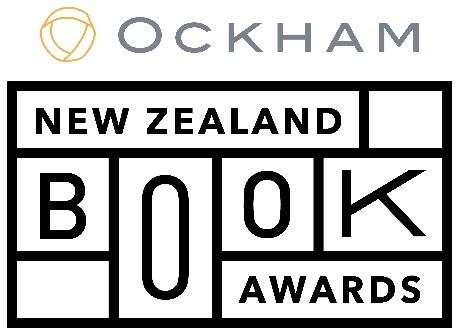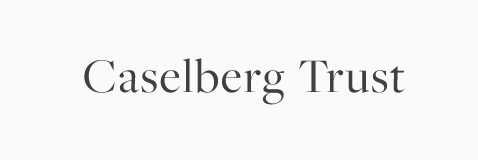Journalist Jess Hill has won the $50,000 Stella Prize for writing by Australian women for See What You Made Me Do (Black Inc), her study of domestic abuse in Australia.
Louise Swinn, chair of the Stella Prize judging panel, said Hill’s book “meticulously dismantle[s] all of the lazy old lies we associate with domestic abuse” by means of “forensic investigation and highlighting personal stories”.
It is the first journalistic work to win in the prize’s eight-year history, but the third non-fiction winner in a row.

Previous Stella Prize winners
- Vicki Laveau-Harvie for The Erratics (2019)
- Alexis Wright for Tracker (2018)
- Heather Rose for The Museum of Modern Love (2017)
- Charlotte Wood for The Natural Way of Things (2016)
- Emily Bitto for The Strays (2015)
- Clare Wright for The Forgotten Rebels of Eureka (2014)
- Carrie Tiffany for Mateship with Birds (2013)
Hill’s book won against a shortlist of works including The Weekend, by previous Stella Prize winner Charlotte Wood (The Natural Way of Things) and award-season favourites The Yield by Tara June Winch (shortlisted for the NSW Premier’s Literary Awards) and There Was Still Love by Favel Parrett (winner of the 2020 Indie Book Awards for Book of the Year and Fiction).
Read our Stella Prize shortlist reading guide
The prize was awarded on Tuesday night at a digital-only ceremony hosted by the ABC’s Patricia Karvelas, which was live-streamed because of the COVID-19 shutdown measures.
Hill, a journalist and freelance writer, told the ABC the $50,000 prize money was both overwhelming and welcome.
Like many others in the arts, she has experienced an ‘overnight’ loss of income as shutdown measures affected her patchwork of teaching, speaking gigs and other opportunities.
Her win is timely for another reason: Hill argues in her book that domestic abuse must be addressed as a public health issue.
“It’s not something politicians can do on their own — it requires collaboration and community involvement,” she said.
“It’s about recognising an urgent need and acting on it, even when there is a certain mystery and lack of knowledge to how it might play out.”
She compared this directly to the COVID-19 health crisis: “If we don’t do anything, we will have a societal breakdown — that’s the argument [for the current coronavirus responses]. But we do have a societal breakdown with domestic abuse — it’s like this invisible point from which destruction echoes out, and we don’t understand just how far it echoes out.”




